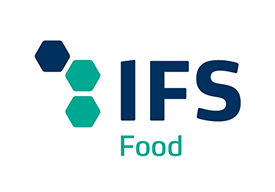
About IFS:
The Organisation
One of the principal recommendations of the Pugwash Conference in Venice1 in 1965 was to establish the International Foundation for Science ‘in order to address the stultifying conditions under which younger faculty members in the universities of developing countries were attempting to do research’. IFS was founded as a Research Council and registered as a non-governmental organisation (NGO) in Sweden in 1972. IFS receives funding from a portfolio of donors and funders including development organisations and science academies. The annual budget is approximately USD 5 million. IFS has 135 Affiliated Organisations in 86 countries, mainly in the developing world. IFS has an international Board of Trustees. The IFS Secretariat is located in Stockholm, Sweden.
The mission:
We live today in a world that faces many interlinked crises. The challenge before us is not only to provide sufficient food, water and energy (to a population that will peak at around 9 billion people by 2050) but also to ensure security of supply, at affordable cost and within acceptable limits of environmental change. Some of the greatest challenges are in the developing world where the scientists of tomorrow must secure their career in research today and to contribute to a global research community that is reducing poverty and supporting sustainable development. Our overall goal therefore, is that: ‘Young men and women scientists in developing countries conduct relevant and high quality research that is put it into use’.
In order to contribute to this goal, IFS provides opportunities for young scientists to propose research into biological and water resources in low income countries. These proposals are rigorously assessed by international experts, with grants and support provided to the very best early career scientists to enable them to work in their own country and tackle research issues related to local needs. Local training courses contribute towards strengthening the capability of developing country scientists to propose, conduct, report and share relevant and high quality research. The research can involve the study of physical, chemical, and biological processes, as well as relevant social and economic aspects and issues related to securing entitlements. It can be theoretical or applied and will be likely to address aspects of sustainable management, conservation, or renewable and equitable utilisation of the natural resource base.